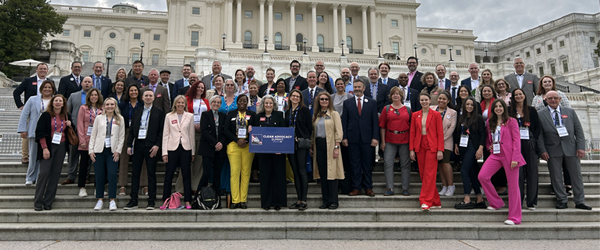Federal Court Blocks the DOL’s 2024 Overtime Rule
On November 15, 2024, the US District Court for the Eastern District of Texas struck down the Department of Labor’s (DOL) 2024 Overtime Rule holding that the DOL exceeded its statutory authority under the Fair Labor Standards Act (FLSA). The ruling applies to all employees nationwide. This means the July 1 increase is no longer in effect, and the January 1 increase will not occur.
Under the FLSA, an employer must pay an employee overtime when the employee works more than 40 hours a week. The FLSA exempts certain executive, administrative and professional (EAP) employees from overtime. To be exempt under the EAP test, the employee must be paid a fixed salary regardless of the number of hours worked per week, the employee’s primary duties are the performance of EAP duties, and the employee earns a minimum salary.
The 2024 Rule went into effect on July 1, 2024, after the court entered a preliminary injunction for the State of Texas only but declined to enter a nationwide injunction. The DOL’s 2024 Rule increased the minimum salary threshold and the threshold for highly compensated employees (HCE), as well as automatic updates to both thresholds. On July 1, 2024, the minimum salary threshold was increased from $35,568 to $43,888, and, on January 1, 2025, the minimum salary was set to increase to $58,656. On July 1, 2024, the HCE was increased from $132,964 to $132,964, and, on January 1, 2025, the HCE was set to increase to $151,164. The minimum and HCE thresholds were set to automatically increase every three years. Importantly, the minimum salary threshold applied even to employees traditionally exempt under the EAP test.
In its ruling, the court found that the DOL transformed the EAP into a salary only test. Under the FLSA, the EAP, for both minimum salary and HCE, requires consideration of duties performed not the salary earned. The court also ruled that automatic increases are prohibited under the FLSA which requires increases to be made via regulations.
In November of 2023, ISSA submitted comments to the DOL opposing the then proposed final ruling late last year. The association’s comments in opposition to the rulemaking were cited in the final rule. To learn more about this issue and ISSA advocacy, please contact ISSA Director of Government Affairs John Nothdurft.















